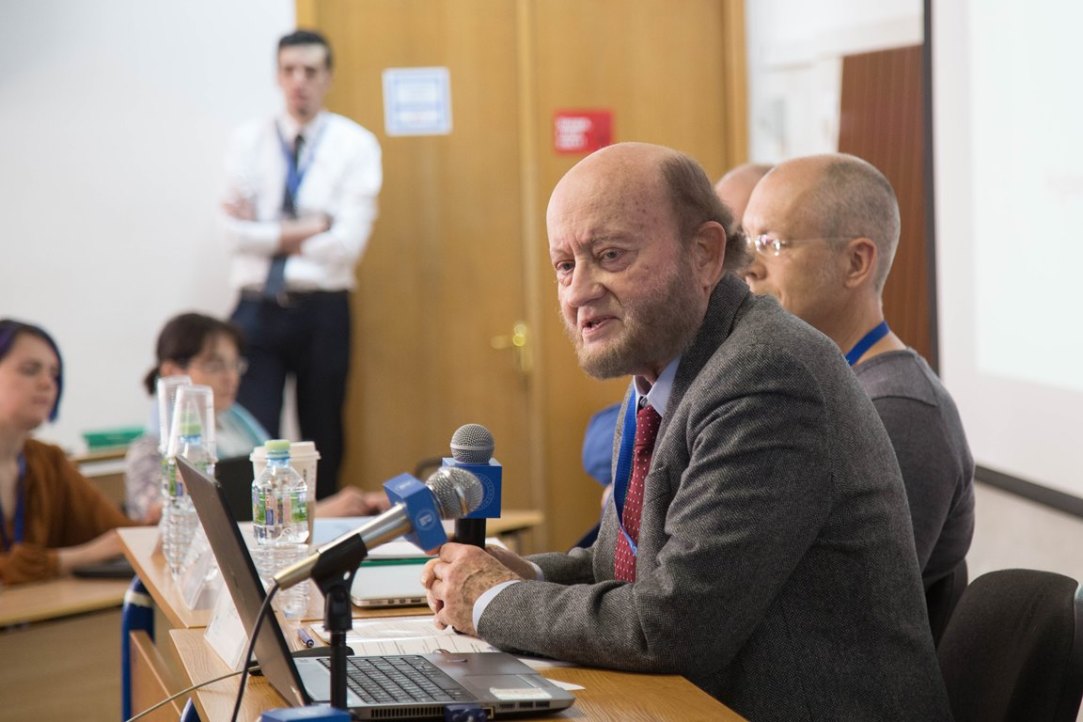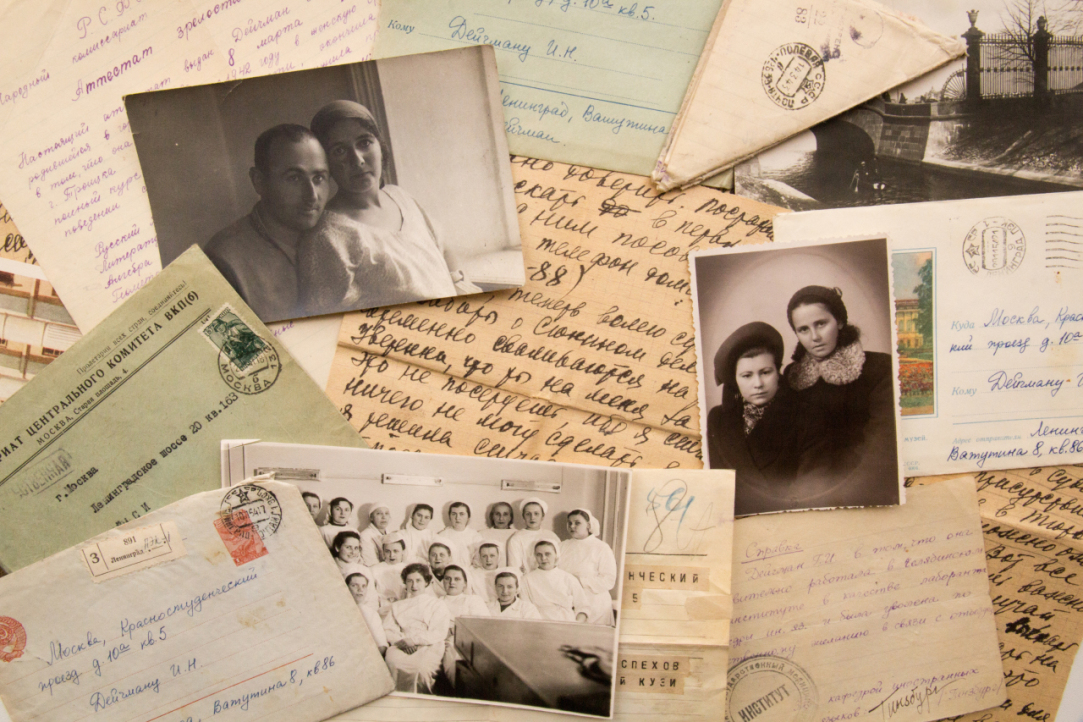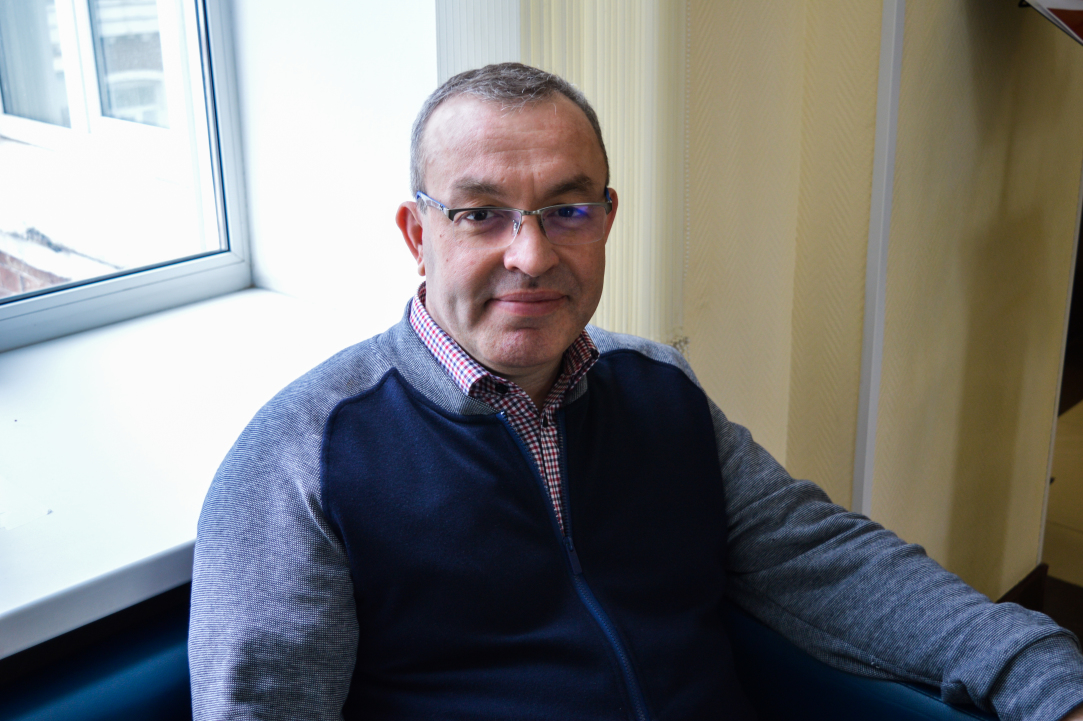-%D1%80%D0%B0%D0%B1%D0%BE%D1%82%D0%BD%D0%B8%D1%86%D1%8B%20%D0%BE%D1%84%D0%B8%D1%81%D0%B0%20%D0%B2%20%D1%80%D1%8F%D0%B4.jpg)
Graduate Salary Expectations in Russia
Students of engineering and economics, undergraduates of state universities, high performers, young people from wealthier families, and those working part-time while at university tend to expect higher salaries upon graduation.

Russia Takes 45 th Place in the New Global Innovation Index
On June 15, 2017, the tenth Global Innovation Index was presented at the UN headquarters in Geneva. It includes the key indicators of innovative activities in 127 countries. Russia took 45th place in the ranking. Switzerland is leading the ranking for the seventh year in a row.

VTB Starts Funding Comparative Social Research at HSE
This year VTB is launching the Endowment for Comparative Social Research at HSE. The endowment will make it possible to invest 10-20 million roubles in research each year. The exact amount will depend on trust management of the endowment assets, implemented by VTB Capital Investment Management.

Analysing History through Ego-documents
International Centre for the History and Sociology of World War II and Its Consequences, Higher School of Economics and The Friedrich Ebert Foundation held 'A Memory Revolution’: Soviet History Through the Lens of Personal Documents' in Moscow on 7-8 June, 2017. The conference brought together distinguished historians and sociologists from across the globe. Michael David-Fox, Professor of History, Georgetown University, and Academic Advisor of HSE International Center for the History and Sociology of World War II and Its Consequences shares his reflections and considerations on the main topic and discussions at the conference and his own research

‘People Who Are Good with Numbers Need to Develop Emotional Intelligence’
How can financial managers help design products and services? What bearing may a CEO’s death have on investment decisions? Why is our perception of time and place changing? Professor Jean-Malik Dumas from Tilburg University discusses these and other issues in an interview with HSE News Service. He has recently visited HSE Faculty of Economic Sciences under Erasmus Plus programme to teach an elective course in Finance for Master’s students of Strategic Corporate Finance programme.

Altruism Is Changing Western Society
Altruism based on individual values is changing Western society. People in Western countries have seen a rise in individualism for quite some time, and this in turn helps to create generations of people with altruistic mindsets. Christian Welzel, Chief Research Fellow in the Laboratory for Comparative Social Research (HSE and Leuphana University of Lüneburg), teamed up with researchers from the University of Lausanne to conduct a study showing the connection between emancipative values and prosocial behaviour. The results of the study were published in the Journal of Cross-Cultural Psychology.
-%D1%85%D0%B8%D0%BF%D1%81%D1%82%D0%B5%D1%80-%D0%BA%D0%B5%D0%B4%D1%8B%20%D0%BD%D0%B0%20%D1%82%D1%80%D0%B0%D0%B2%D0%B5-pixabay.jpg)
A View from the Outside: Hipster and the City
In their study Hipsters in Russian Capital and Provinces: Legitimation of Social Phenomenon, Leda Skobeleva and Maria Plotnikova use responses from young people interviewed in Moscow and Nizhny Novgorod to construct the profile of a hipster. According to respondents in both cities, being a hipster is a fashion rather than a subculture or socio-political movement. Young people in Moscow and Nizhny Novgorod were also unanimous in describing typical hipster appearances and behaviour, such as preference for eco-fashion and organic food, as well as a peculiar mixture of high-end brands and sloppy ‘bomzh-style’ clothes.
Students Examine Cybersecurity Contextualization in Russia and the United States
Students from HSE ISSEK, Stanford University, and Rice University have researched how Russia and the US cooperate in cybersecurity and explored the nuances present in the approaches that each country takes in this area, including different understandings of cybersecurity-related terms. The research was conducted in 2016-2017 as part of the Stanford US-Russia Forum (SURF), a programme dedicated to developing US-Russia cooperation. Over a period of 8 months, 30 American and Russian students and young professionals worked on their projects.
New Issue of HERB Focuses on International Students
In recent discussion on internationalisation, the role of international students as main drivers has been rightly reconsidered. The 12th issue of Higher Education and Beyond addresses the importance of international students for higher educational institutions and the change they bring.
Seeking Answers in Medieval Russian History
On May 31, Valerie Kivelson, Professor of History at the University of Michigan, will be delivering a seminar entitled ‘Visualizing Empire: Muscovite Images of Race’. Professor Kivelson is an expert in Medieval and early modern Russia, history of cartography, history of witchcraft, religion, and political culture, among other topics. She is the author of 'Desperate Magic: The Moral Economy of Witchcraft in Seventeenth Century Russia' and a guest editor of 'Witchcraft Casebook: Magic in Russia, Poland and Ukraine. 15-21st Centuries'.

